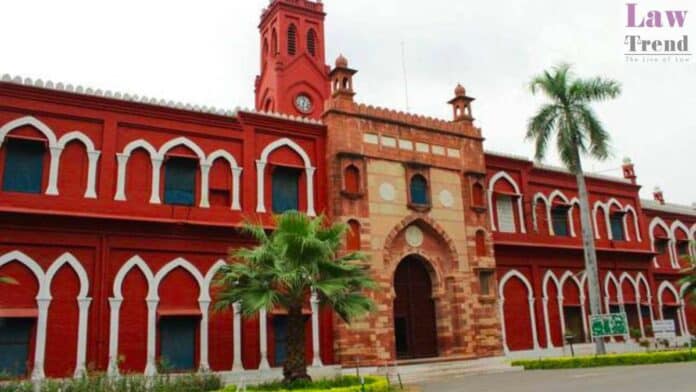The Allahabad High Court (Lucknow Bench) has upheld the appointment of Professor Naima Khatoon as the Vice-Chancellor of Aligarh Muslim University (AMU), rejecting allegations of bias and procedural impropriety. The Court observed that the mere fact that her husband, Professor Mohammad Gulrez, presided over meetings of the Executive Council and the University Court during the
To Read More Please Subscribe to VIP Membership for Unlimited Access to All the Articles, Download Available Copies of Judgments/Order, Acess to Central/State Bare Acts, Advertisement Free Content, Access to More than 4000 Legal Drafts( Readymade Editable Formats of Suits, Petitions, Writs, Legal Notices, Divorce Petitions, 138 Notices, Bail Applications etc.) in Hindi and English.




